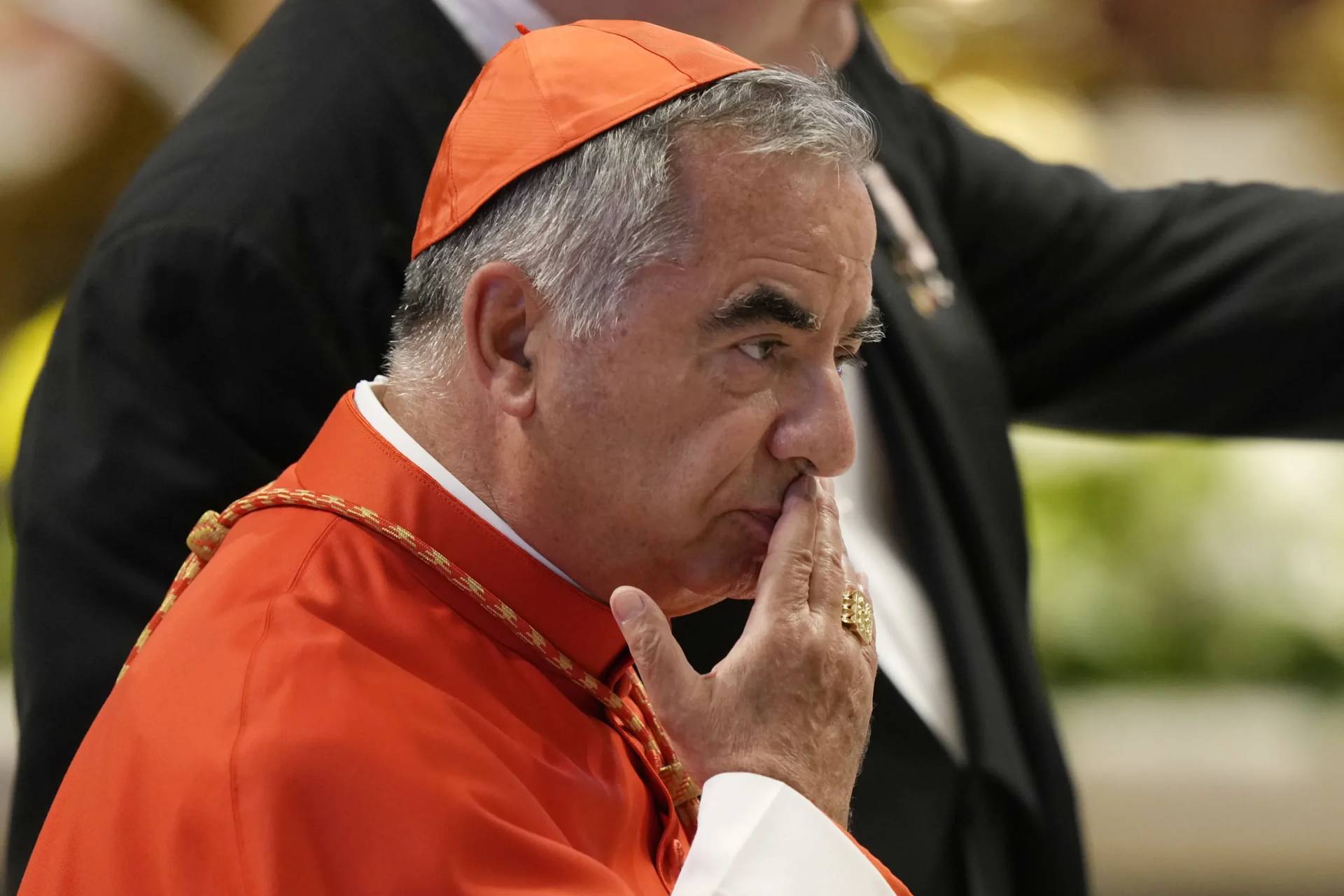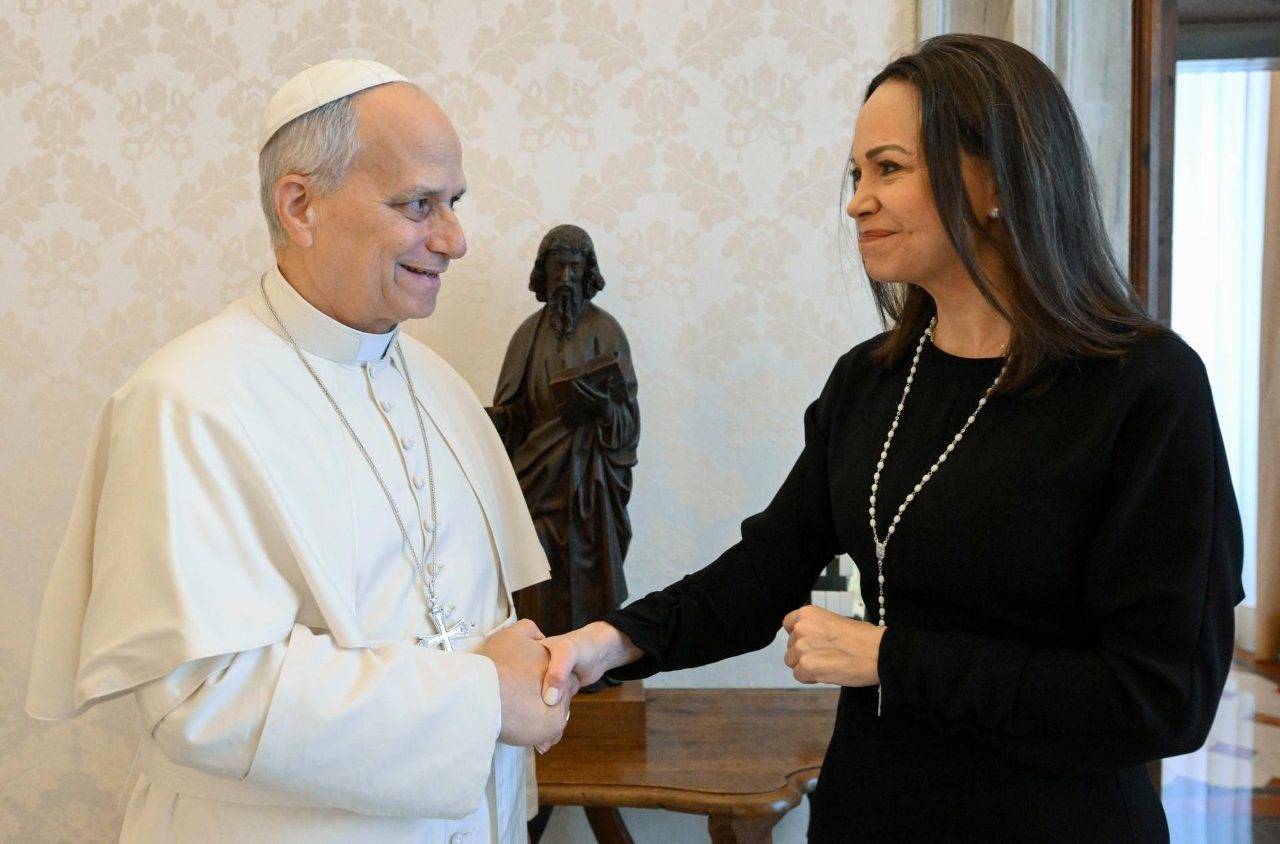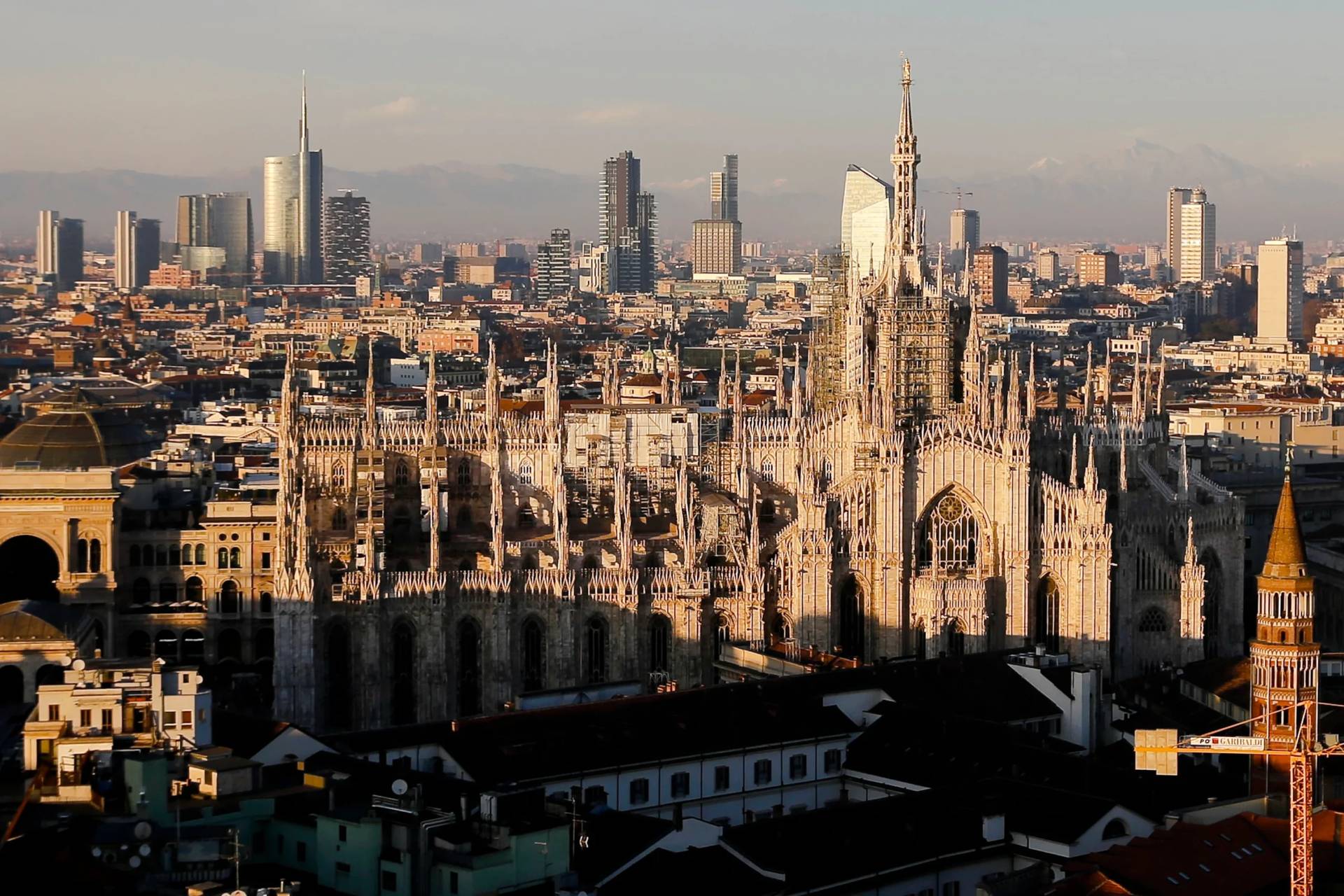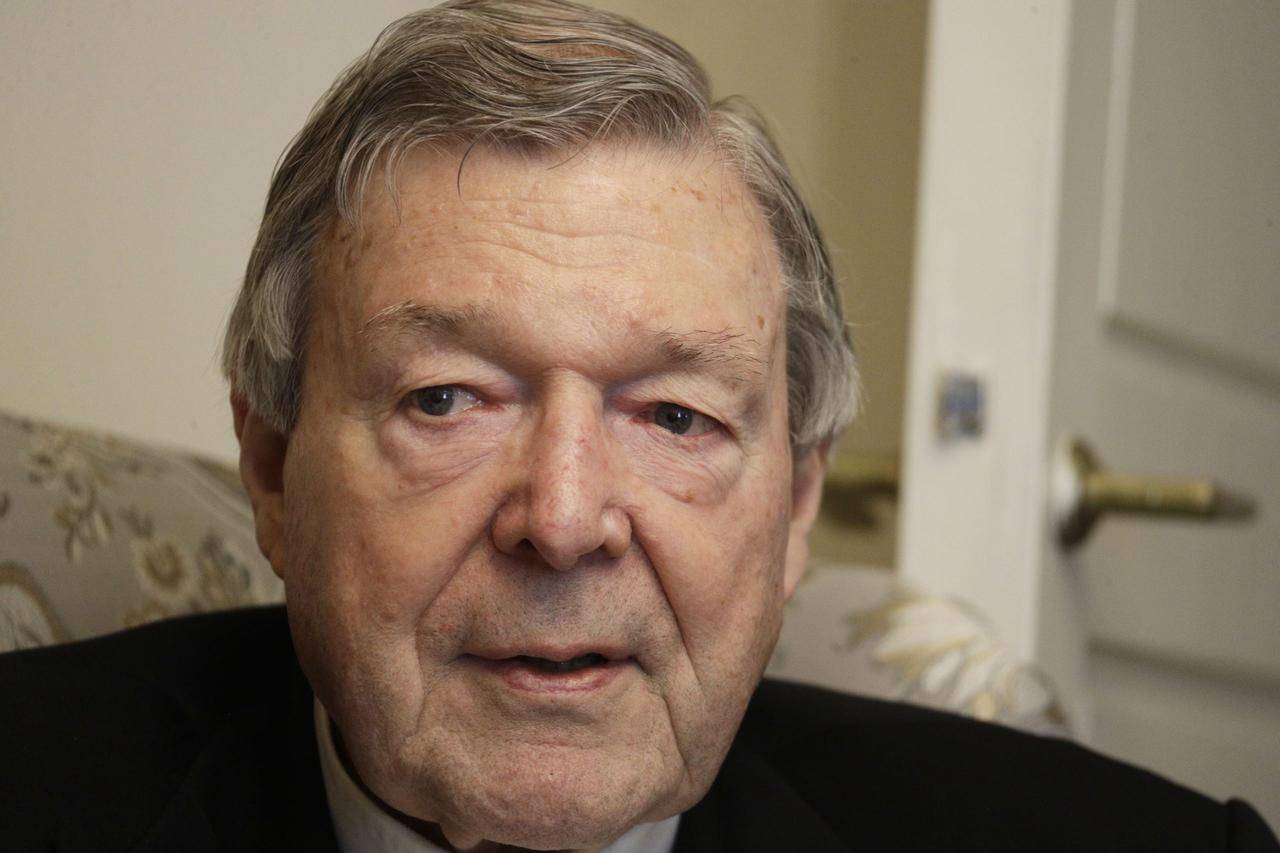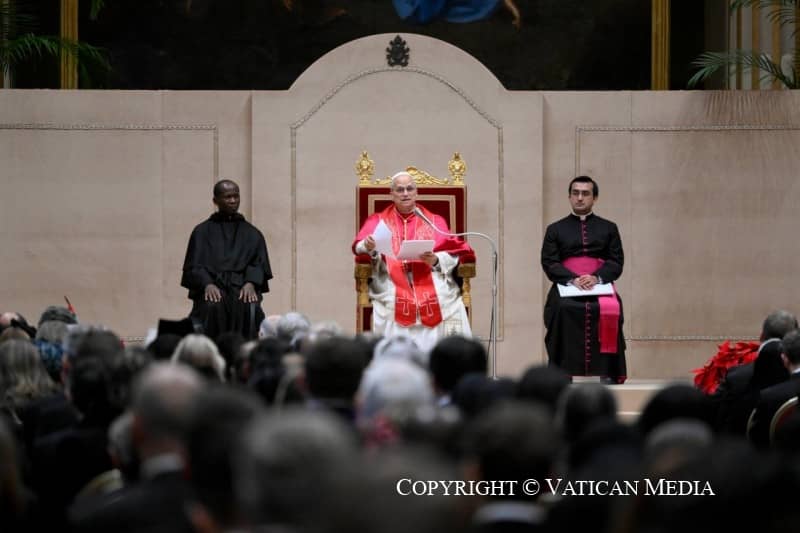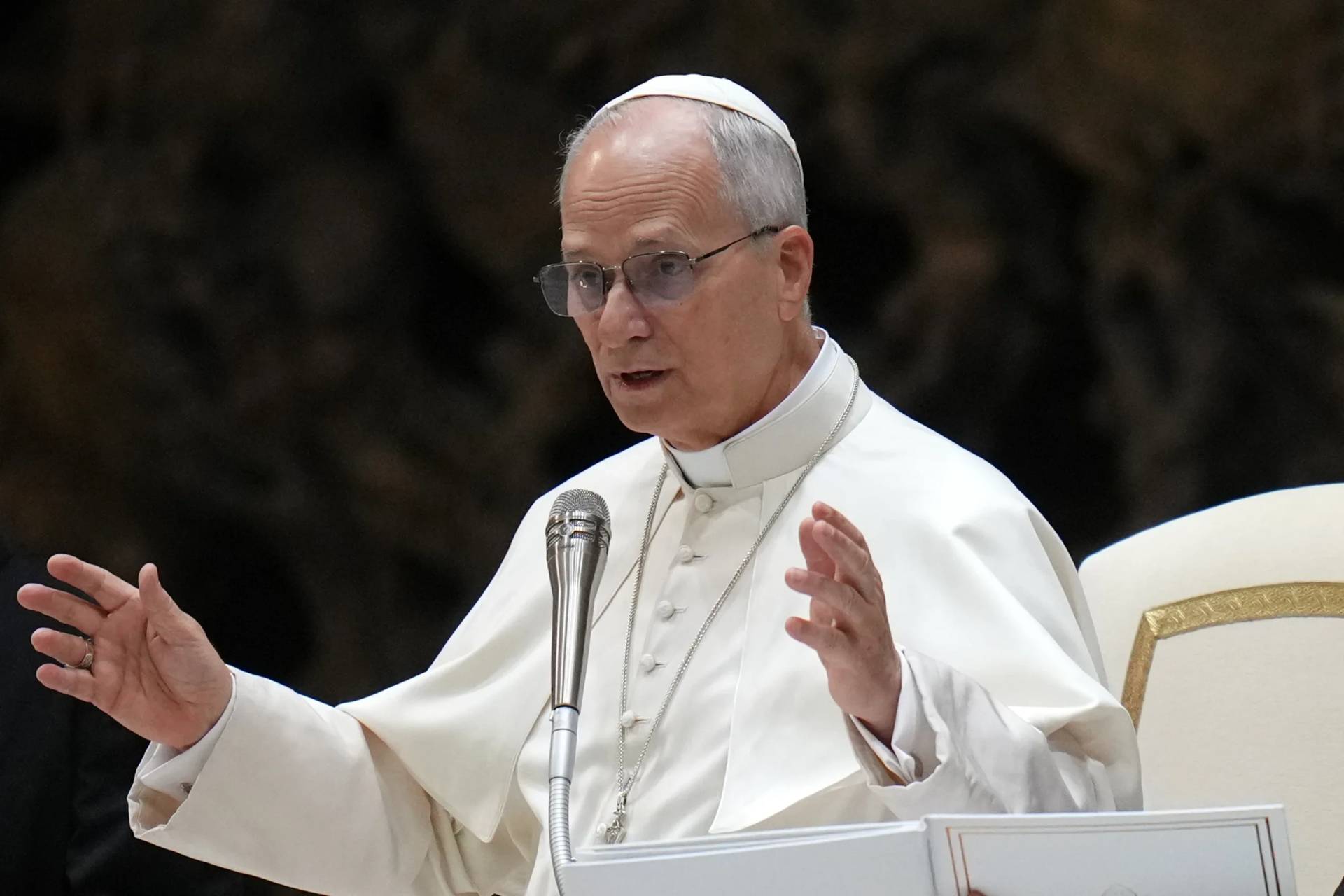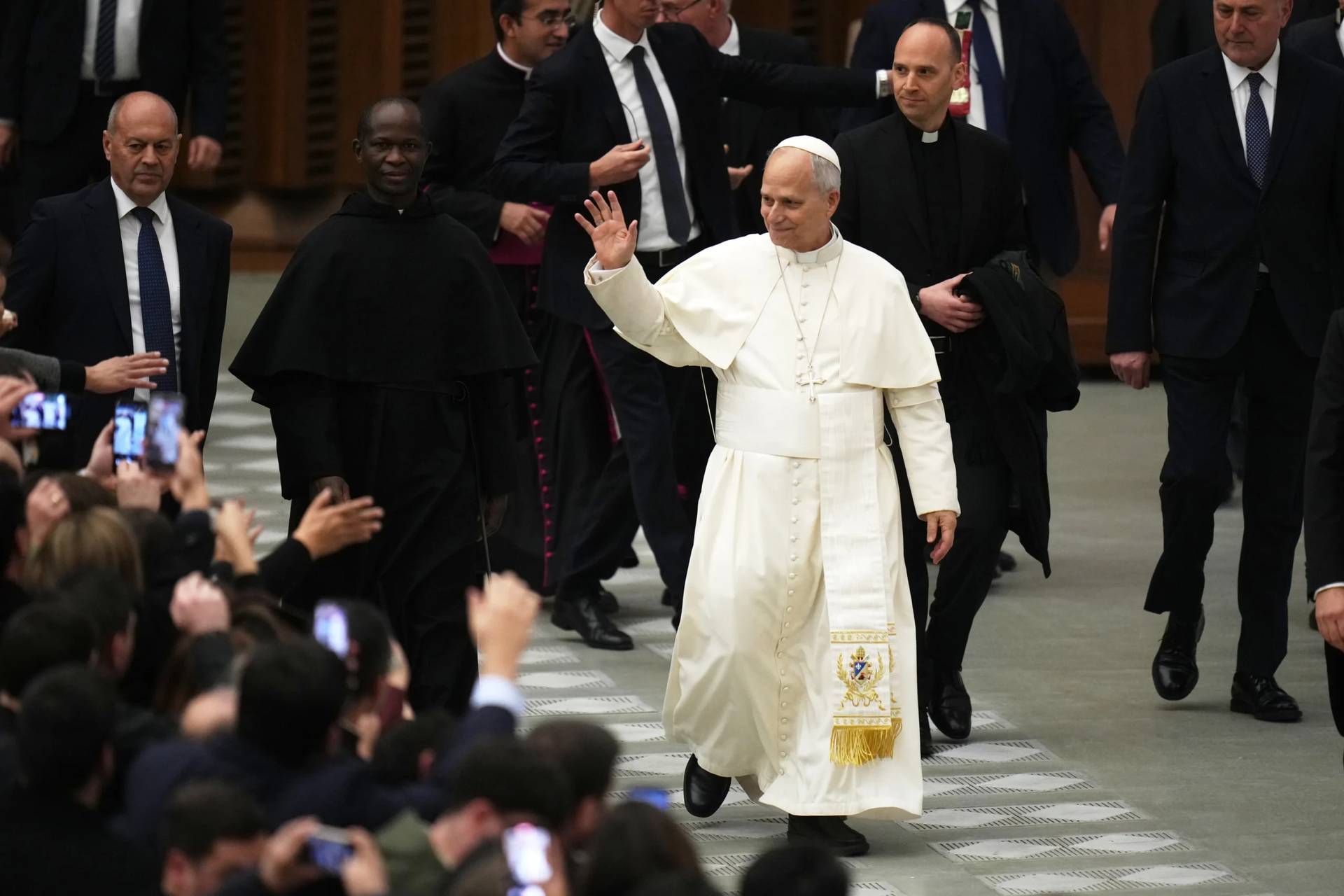ROME — The Vatican doctrinal office announced the optional use of seven eucharistic prefaces as well as the celebration of the feast days of recently canonized saints in the “extraordinary” form of the Mass.
The Congregation for the Doctrine of the Faith published two decrees March 25 that complete “the mandate given by Pope Benedict XVI” to the former Pontifical Commission “Ecclesia Dei,” the Vatican said.
St. John Paul II had established the commission in 1988 to facilitate the “full ecclesial communion of priests, seminarians, religious communities or individuals” attached to the pre-Vatican II Mass.
However, Pope Francis closed the commission in 2019 and transferred their tasks to a new section of the doctrinal congregation.
In 2007, Pope Benedict XVI allowed for the celebration of the “extraordinary” form of the Mass, that is, Mass according to the Roman Missal published in 1962 before the reforms of the Second Vatican Council.
One decree allowed the use of seven new eucharistic prefaces that could be optionally used for the feasts of saints, votive Masses or “ad hoc” celebrations.
“This choice was made in order to safeguard, through the unity of texts, the unanimity of sentiments and of prayer that are appropriate for the confession of the mysteries of salvation celebrated in what constitutes the backbone of the liturgical year,” the Vatican said.
The other decree allowed the optional celebration of the feast days of saints canonized after 1962. It also allowed for the possibility of honoring saints named in the future.
“In choosing whether or not to make use of the provisions of the decree in liturgical celebrations in honor of the saints, the celebrant is expected to make use of good pastoral common sense,” the Vatican said.
Crux is dedicated to smart, wired and independent reporting on the Vatican and worldwide Catholic Church. That kind of reporting doesn’t come cheap, and we need your support. You can help Crux by giving a small amount monthly, or with a onetime gift. Please remember, Crux is a for-profit organization, so contributions are not tax-deductible.






